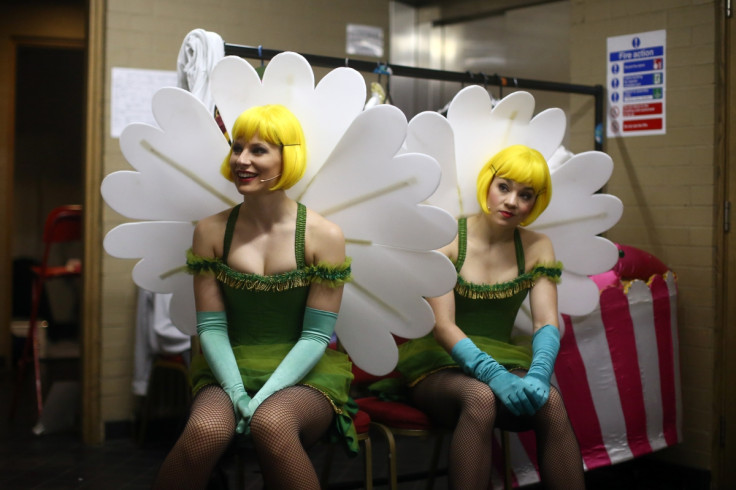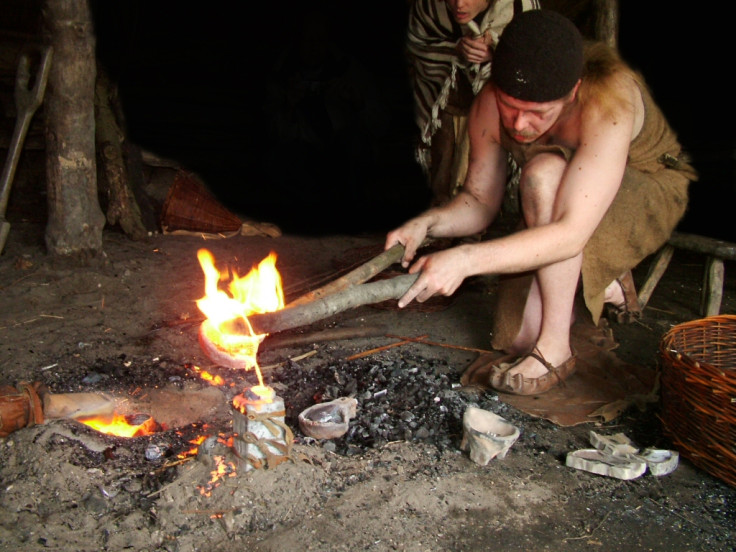Fairy tales have been passed down the generations since the Bronze Age finds anthropological study

Anthropologists have discovered that some of the world's best-loved fairy stories date back thousands of years, meaning they must have been passed on by word of mouth for millennia before they were written down and commercialised by the likes of the Brothers Grimm, then Disney, and turned into pantomime. In fact many of the ancient tales were first told before English and other Western European languages even existed.
Beauty And The Beast and Rumpelstiltskin are dated at around 2,000 BC, 4,000 years ago. Jack and the Beanstalk has its origins in earlier tales called The Boy Who Stole Ogre's Treasure. The oldest story yet found is called The Smith And The Devil, about a blacksmith who sells his soul. The story has been dated at 6,000 years old, from the Bronze Age, making it twice as old as Homer's stories The Odyssey and The Iliad.

The discovery was made by academics at two universities, Dr Jamie Tehrani from Durham and Sara Graca Da Silva from Lisbon published by the Royal Society. In doing so they appear to have confirmed the 19th century theory of Wilhelm - one of the Brothers Grimm - that the stories they wrote down were as old as the earliest Indo-European languages - a theory mocked at the time.
"We can come firmly down on the side of Wilhelm Grimm," says Tehrani. "Some of these stories go back much further than the earliest literary record and indeed further back than Classical mythology - some versions of these stories appear in Latin and Greek texts - but our findings suggest they are much older than that."
Fairy tales could be older than you ever imagined. https://t.co/YuRxGWiG0U pic.twitter.com/QIEUECJBw0
— Smithsonian Magazine (@SmithsonianMag) January 20, 2016Versions of the stories have been traced to nomadic tribes from the Pontic Steppe of the Black Sea who migrated across Europe taking their stories with them. So why have they endured across the millennia, from an age when writing had not even been invented?
"The motifs present in fairytales are timeless and fairly universal, comprising dichotomies such as good and evil; right and wrong, punishment and reward, moral and immoral, male and female," Da Silva told The Guardian. "Ultimately, despite being often disregarded as fictitious, and even as a lesser form of narrative, folk tales are excellent case studies for cross-cultural comparisons and studies on human behaviour, including cooperation, decision making, [and so on]."
© Copyright IBTimes 2025. All rights reserved.




















